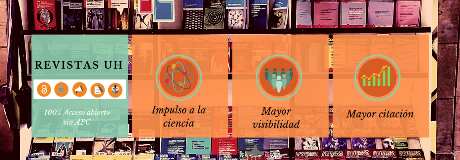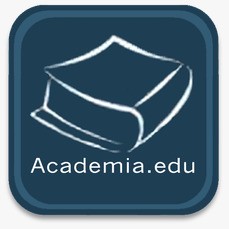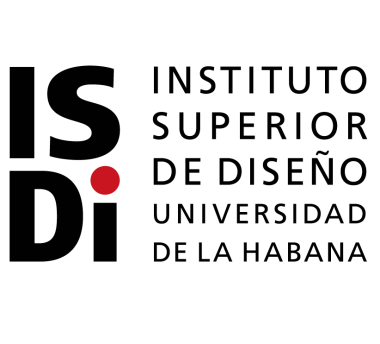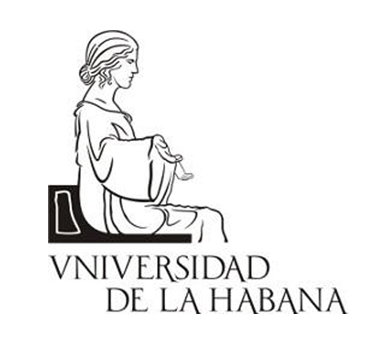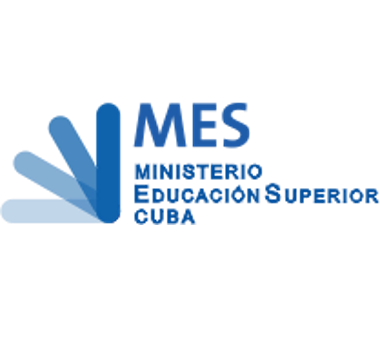Work culture and design: a possible and necessary relationship in Cuban today.
##plugins.themes.bootstrap3.article.main##
Abstract
As of 2011, with the implementation of the updating of the Cuban social economic model, Cuban society begins to carry out profound transformations within the country, without losing the course set by the Cuban Revolution oriented towards socialist construction. The need to promote work that produces goods and services as a fundamental way to achieve the prosperous and sustainable socialism that we want and need, is only possible through promoting a culture of socialist work, which must be guided and enriched by the elements that they offer us the foundational Marxist-Leninist thought and its successors, as well as the most advanced thought of our national tradition. Education plays a very special role in this assignment, since the solutions offered must be assumed in an integral way, and installed in the best of our culture. Among the professions that make up our education is Design, which presents multiple possibilities to contribute to educate, disseminate and promote that culture of work that Cuba requires today. The objective that we propose with this work is to argue the possible dialectical relationship between the work culture that we need for our socialism and the design profession in its education and at the same time that design integrates the elements that characterize that work culture.
##plugins.themes.bootstrap3.article.details##

This work is licensed under a Creative Commons Attribution-NonCommercial-ShareAlike 4.0 International License.
- Attribution — You must give appropriate credit , provide a link to the license, and indicate if changes were made . You may do so in any reasonable manner, but not in any way that suggests the licensor endorses you or your use.
- NonCommercial — You may not use the material for commercial purposes .
- No additional restrictions — You may not apply legal terms or technological measures that legally restrict others from doing anything the license permits.
- ShareAlike — If you remix, transform, or build upon the material, you must distribute your contribution under the same license as the original. NOTE: This point applies to numbers 1 to 20 of the magazine with the previous CC-BY-NC-SA 4.0 license. Does not apply to the new CC BY-NC 4.0 license from Volume 11, Number. 21 (2024).
References
Castro, F. (1962). Discurso pronunciado en la clausura del Acto central por el IX Aniversario del asalto a los Cuarteles Moncada y Carlos M. de Céspedes, el 26 de julio de 1962. Discursos de Fidel Castro en Formato digital, fondo Departamento de Marxismo leninismo UCPHAPZ.
Conceptualización del modelo económico y social cubano de desarrollo socialista
Cuba. PCC. (2012). Objetivos de trabajo del Partido Comunista de Cuba aprobados por la Primera Conferencia Nacional. La Habana: Editora Política.
Cuba y su desafío económico y social. Síntesis de la Estrategia Económico-Social para el impulso de la economía y el enfrentamiento a la crisis mundial provocada por la COVID-19 (tabloide especial)
Editora Política (2005) Fidel habla a la juventud. Ciudad de la Habana. Cuba. PCC.: Tesis y Resoluciones, Sobre política educacional Editorial Ciencias Sociales, La Habana, 1978
Engels, F. (2001). El papel del trabajo en la transformación del mono en hombre. En Selección de Cultura Política primera parte (pp 57-67). Cuba: Pueblo y Educación.
Lenin, V I. (1977). La política interior y exterior de la Republica. En Obras Escogidas, en 12 tomos, t 12. Moscú: Progreso.
Martí, J. (1991). Obras Completas. (t.8). La Habana: Ciencias Sociales.
Peña, S. (2016). Diseño con sentido. En Cuadernos de Estudos Avancados em Design (pp. 17-27). Belo Horizonte: Editora da Universidade do Estado de Minas Gerais- EduEMG.
Plan nacional de desarrollo económico y social hasta 2030: propuesta de visión de la nación, ejes y sectores estratégicos. Formato digital.









